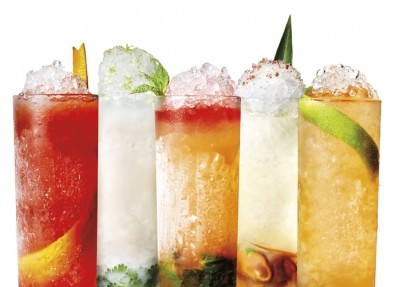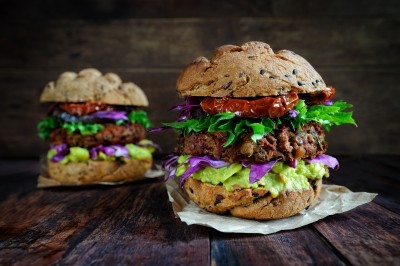Givaudan boasts resilience to food inflation: ‘Natural hedges help us to recoup consumers in other categories’
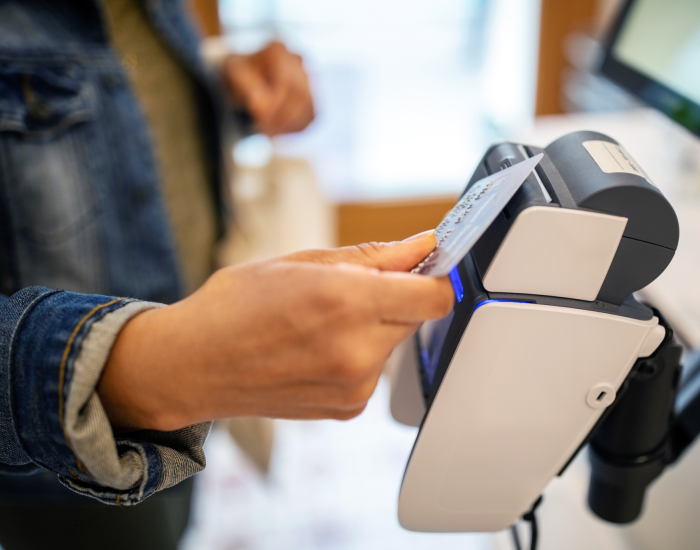
From raw materials like cereals and vegetable oil to packaging and transportation costs, the prices of food inputs is reaching multi-year highs.
From April 2020, international food (producer) prices have increased by 47.2% attaining their highest (real) levels in May 2021 since 2014, according to data from the IMF. This has been driven by factors related to the pandemic and extreme weather conditions, which are hitting harvests around the world.
Input inflation has prompted some food makers to begin hiking consumer prices. Unilever increased pricing by 1% in the first quarter and accelerated this to 1.6% in Q2. Price growth in June jumped to 2.2%, the consumer goods giant revealed when it released its first half results last week. At the same time, Coca-Cola said it will increase its consumer-facing brand spend to hedge against upcoming price hikes expected in response to inflation and higher input costs. Meanwhile, back in April, Nestlé was already warning against ‘excessive margin growth expectations’ and cautioning the company could raise prices later this year or early next to offset pandemic-related inflation. We can expect this theme to be carefully monitored when the company unveils its Q2 numbers later this week.
When prices are raised and consumers are squeezed, some shoppers will inevitably tighten their purse strings.
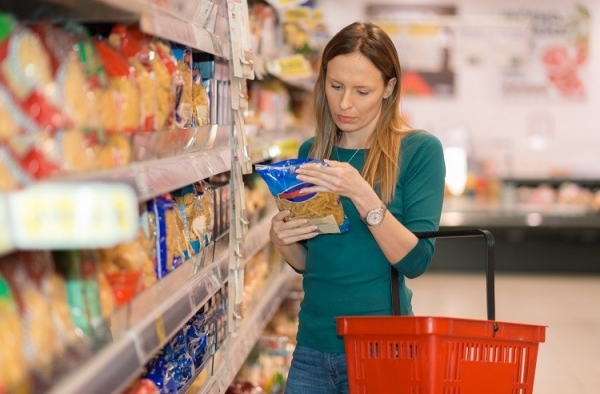
So, what does it mean for ingredient companies like Givaudan?
The Swiss flavours and fragrance group reported like-for-like sales growth of 8.1% when it delivered its second-quarter numbers yesterday, alongside an EBITDA margin of 24.2%.
Speaking to analysts during a conference call, chief executive Gilles Andrier said that raw material inflation had not been a significant headwind in the year-to-date, sitting below 1%. The company’s ability to control input costs was attributed to forward contracts with suppliers. “We obviously have managed to source ingredients throughout the year within… levels of prices.”
The outlook for 2022 is a little less certain. Andrier elaborated that it is ‘a bit too soon to articulate a number’ because various contracts need to be negotiated. We can expect an update on raw material development towards the end of the year, he said.
While Givaudan expects to keep a lid on price input inflation within its own raw materials sourcing, certainly throughout 2021, the company is not immune to the impact inflation can have on consumers trading down to cheaper products. Or is it?
Andrier said that Givaudan has followed a portfolio strategy that provides a ‘natural hedge’ against swings in consumer sentiment. “I count on the natural hedges that we have, because we are [present] across all classes or all categories. When you have consumers trading down… we are down. We have seen that in the financial crisis, we have seen that in economic crisis. We have seen that, every time, those natural hedges help us to recoup the consumers in other categories, with other clients.”
He revealed that the company has developed these ‘hedges’ across the three dimensions: clients, products and geographies. “This is really something that I think is helping deliver those consistent results. This is part of our strategy. This is part of the way we do acquisitions. This is part of the way we define the spaces in which we want to grow.”
Jeffries analyst Ryan Tomkins agreed that this portfolio approach means Givaudan benefits from ‘resilient, defensive characteristics’.
“Despite the inputs to the growth algorithm changing, such is Givaudan's natural hedging and resilience that the outcome is little changed,” Tomkins observed.
Value-added ingredients a ‘critical’ differentiator
Andrier added that the value-added ingredients Givaudan produces are somewhat insulated from these pressures because they are ‘critical to consumer choices’.
“The way brands communicate around those consumer benefits…support the sales whatever happens from a pricing standpoint. We have never seen this effect of elasticity,” the chief executive suggested.
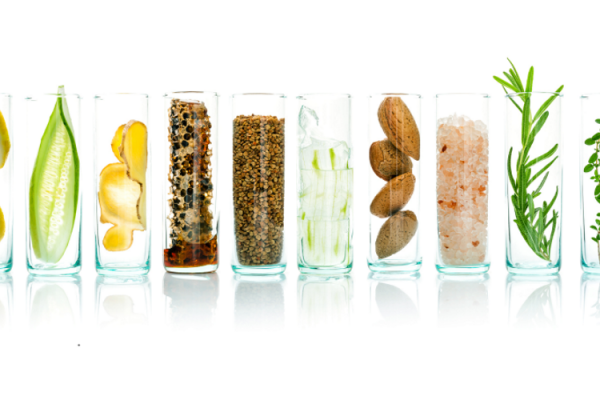
This means that – at the moment – food and beverage customers aren’t looking to reformulate products to use cheaper ingredients.
“We have not seen any ask any request so far to reformulate. This demonstrates the importance of those ingredients [to] consumer behaviour. If you start to play around with the essential profile of a product for cost reduction reasons you take a risk on the performance and the success of the brands.”
So, what are Givaudan’s F&B customers looking for?
Ingredients and products that deliver positive nutritional outcomes remain of growing importance. “Health has been amplified by the pandemic,” Andrier noted.
This trend can be seen in rising demand for natural botanical extracts that boast associations with health outcomes – ‘immunity boosting natural extracts’, for instance.
But the trend that ‘comes on top’, Andrier revealed, is the ‘demand and appetite for sustainability’.
“Even though you could argue that what we make in terms of ingredients have a very small CO2 footprint… we are still part of the journey that we are embarking on with our clients to make products… less CO2 impactful. So, the element of sustainability is coming on top and it’s contributing to the nature of the risk that we see.”
Linked to this trend, is the massive demand growth witnessed in plant-based proteins.
“It is all about making these things taste good,” the Givaudan executive noted. “It is a very exciting space because we started innovating and developing specific ingredients, taste modulators combined with flavours, which make those alternative proteins [taste good], whether its made of peas, soy or whatever other source.
“That’s extremely key for consumers. At the end of the day, it’s not good enough to say 'I replace animal proteins by plant-based protein'. If it doesn’t taste good, consumers won’t try it a second time.”
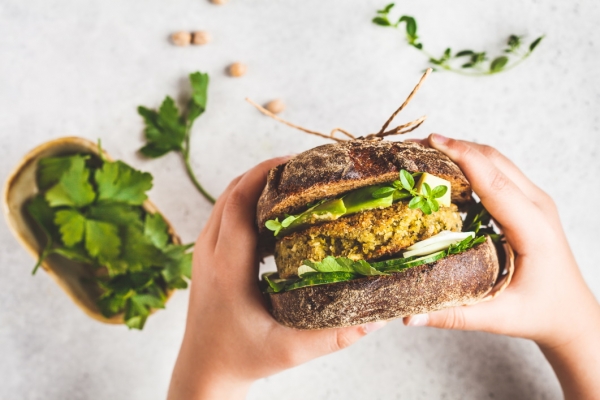
Givaudan’s plant-based business generated revenues of CFH66m in the first half, with expected sales of CHF130m-140m for the full year. Plant-based is ‘growing very fast’.
“How far can it go? Well, it can go quite far but it is difficult to define, because it’s a new space, it’s a new space for consumers… Whether it’s a risky one or not, we ought to be in this business because the likelihood that it’s going to be big is high. And we are very well-placed in this field, if not the best placed, in plant-based protein.”

